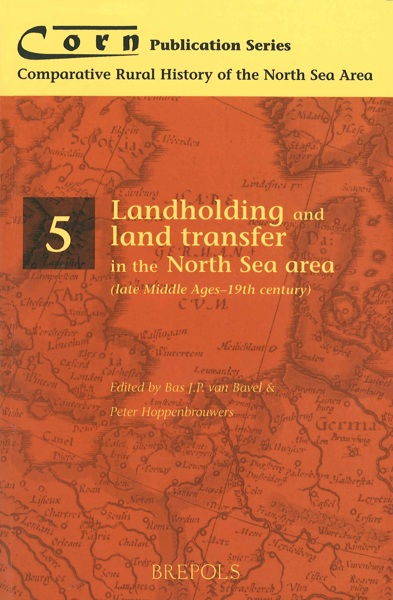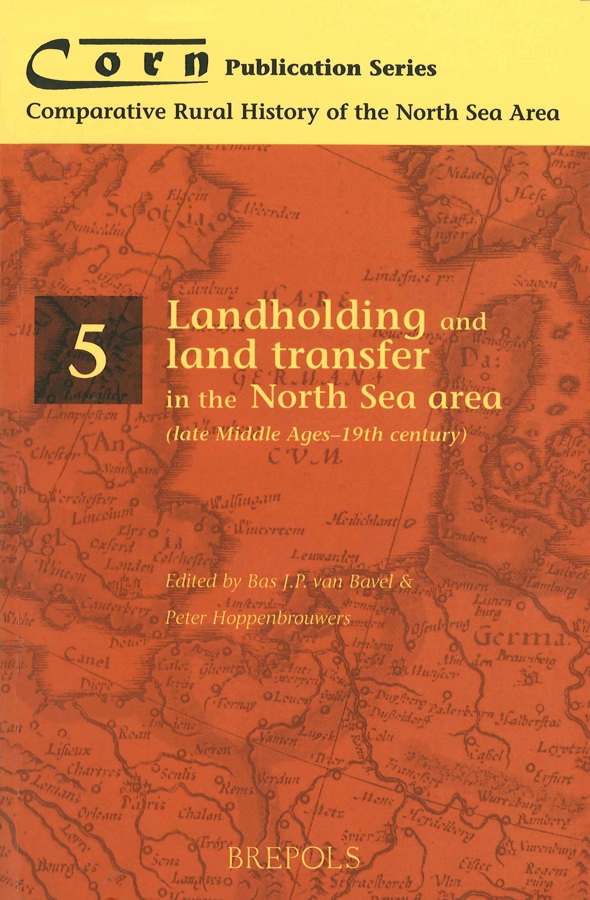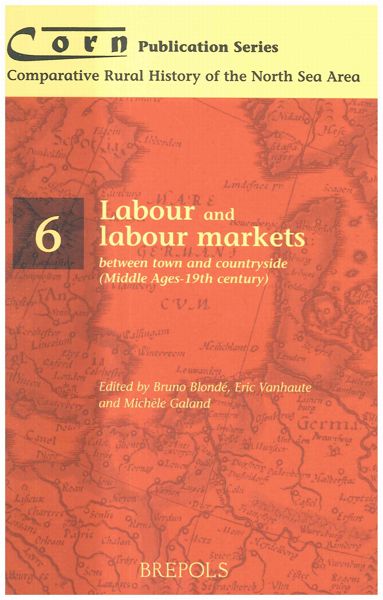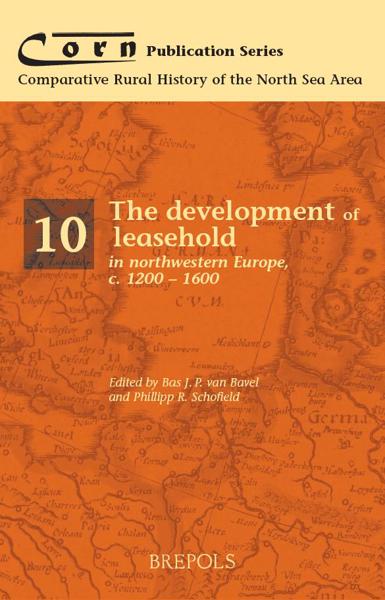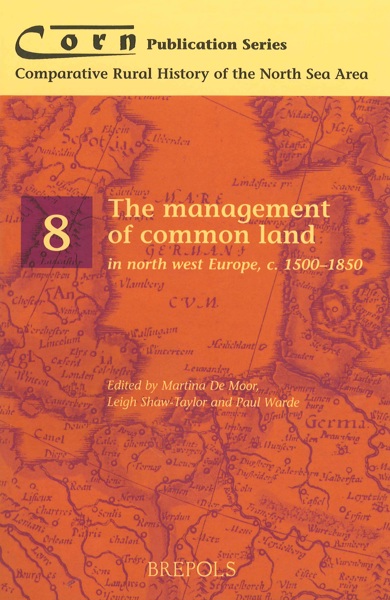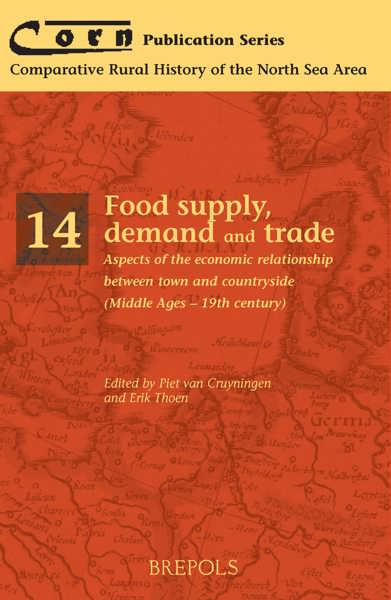
Landholding and Land Transfer in the North Sea Area (Late Middle Ages - 19th Century)
Peter Hoppenbrouwers, Bas J.P. van Bavel (eds)
- Pages: 292 p.
- Size:156 x 234 mm
- Language(s):English
- Publication Year:2004
- € 35,00 EXCL. VAT RETAIL PRICE
- ISBN: 978-2-503-51097-2
- Paperback
- Available
- € 35,00 EXCL. VAT RETAIL PRICE
- ISBN: 978-2-503-55768-7
- E-book
- Available
"If this collection is more likely to begin debates rather than to finish them, in doing so it continues admirably to fulfil the original objectives of the CORN network." (H.R. French in: The Agricultural History Review, Vol.53, Part II, 2005, p.264-265)
Bas van Bavel is research leader in economic and social history at the University of Utrecht.
Peter Hoppenbrouwers is professor of medieval history at the University of Amsterdam.
For a better understanding of medieval and early modern rural society, in which land was the principal source of income and investment, as well as a most prestigious object of possession and a solid base of power, historical questions on landholding and land transfers are highly relevant. This volume aims to clarify some long-standing issues concerning the large variety of land tenure and non-familial transfers of land in the North Sea area by treating them from a regional - if possible comparative - perspective and by linking them to such structural features of preindustrial rural society as shifts in land to labour ratio's; social property relations; commercialisation and the rise of land, leasehold, and credit markets; the growth of state intervention and the institutional innovation that followed in its wake; the sustained prevalence of local or regional customary law; and the effects of social and cultural values on the demand for land. From viewing the later medieval and early modern period as a whole, one has to conclude that the mobility of agricultural land markedly increased. This was due first and foremost to the establishment of clear-cut private property rights, to the expansion of land and credit markets, and to the spread of short-term leasing. Differences in the pace of capitalist development as well as of state formation were mainly responsible for outspoken regional differences.
